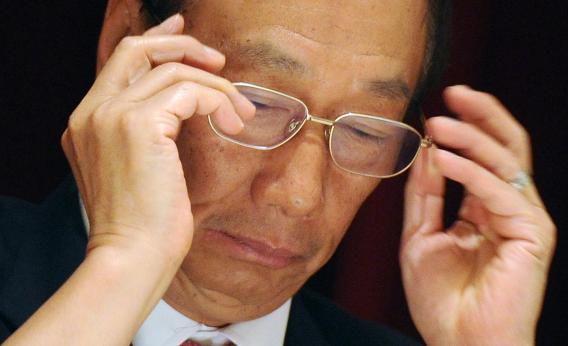When last I wrote about working conditions in Foxconn factories some people asked if I was saying that everything’s okay as long as you’re not running the absolute worst workplace in the world. That’s not what I’m saying, but I am saying that if you want to understand labor standards and working conditions around the world you have to understand the context. If thousands of Chinese people line up for jobs at Foxconn when they become available, that’s telling you something about the Chinese labor market. Specifically it’s an indication that Foxconn is actually raising the bar for working conditions and compensation standards in East Asia. And that makes sense. The stuff they make at Foxconn is stuff you’ve heard of, associated with a major American brand that makes high-margin products. That doesn’t mean complaining about Apple is pointless, it probably in part reflects the fact that Apple is at least somewhat sensitive to being complained about in a way that a no-name gasket manufacturer isn’t.
But check this out from Tim Culpan, a Bloomberg reporter who’s covered Foxconn factories extensively and doesn’t make stuff up:
In our reporting, as “Inside Foxconn” detailed, we found a group of workers who have complaints, but complaints not starkly different from those of workers in any other company. The biggest gripe, which surprised us somewhat, is that they don’t get enough overtime. They wanted to work more, to get more money. […]
Workers died last year after a factory explosion that could have been prevented. Labor group SACOM was prescient in talking about the dirty conditions at Foxconn’s Chengdu facilities just before last year’s explosion. That organization and China Labor Watch have spent considerable time detailing other problems among Apple’s suppliers, such as the continued and illegal overtime. Even one death is horrible, and I remember the knot in my stomach each time I had to write about them. Yet we could do well to put that in context. As Forbes has pointed out, the number of deaths and suicides that have been reported in Foxconn’s factories indicate rates that may be lower than at other places in China—and in the U.S. You can see that in this graphic.
The big picture that emerges, I think, is simply of a China that’s still exceptionally poor by American standards. There’s such a thing as a marginal declining utility of money. Consequently, in a very poor country like China people are much more willing to suffer for a little more money than Americans are. That’s the backdrop for understanding how Foxconn factories can sound so terrible to us and yet seem appealing to Chinese workers. But most of all, it’s the backdrop for understanding broader stories about “unfair” Chinese trade practices and the general image of China as an industrial behemoth threatening to crush the world beneath its economic might. It’s a really big country that’s changing really fast and yet is really really poor in which people working in dystopian conditions complain that they want more overtime.
